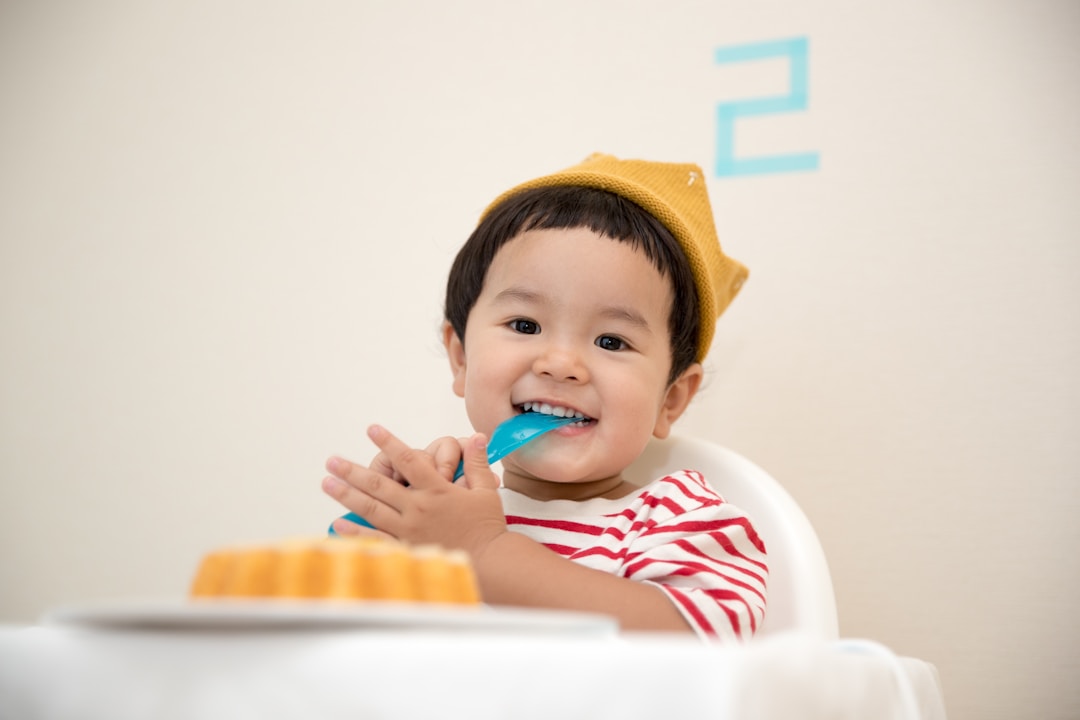Proper dental care is important as part of your overall health plan, but some people don’t realize that dental health is just as important for babies as it is for adults. You may be questioning why, especially since babies don’t come out of the womb with teeth, but the right care is needed to make sure that those teeth come in strong and healthy. Let’s take a closer look at the aspects of dental health that new parents need to consider for their newborns.
Building Strong Teeth

Calcium and other vitamins and minerals are important as part of a baby’s nutrition plan, whether mothers opt for bottle-feeding or breastfeeding. Breastfeeding helps infants to build up their immune systems, reducing the risk of infection and other health complications down the line. Mothers may use a nursing bralette to make sure their babies are getting good nutrition for their teeth without extra ingredients that may be present in formula or juices. Bralettes allow for multitasking, whether you’re feeding your baby, breast pumping, or doing both.
With one hand, mothers can easily undo the upper portion of the dual-function clasp to open the cup for full skin-to-skin nursing. Adjustments can be made based on any engorgement or just to better accommodate the baby. Breast milk has an extraordinary number of benefits for the overall health of a newborn that can be better for the long run, even in building strong bones and teeth. Finding a comfortable bra will offer you as much support as needed to make sure you can feed the baby or pump without difficulty.
Gum Care

Your newborn won’t have teeth, but you do need to have a treatment plan in place for your baby’s gums. Consult with a doctor or dentist about the kind of tooth care products that you are able to use for your infant. Wipe your baby’s gums twice a day with a soft, clean cloth after their first feeding of the day and before bed to wipe away bacteria that could lead to cavities later. When your baby’s teeth come in, start brushing twice a day with a soft, small‑bristled toothbrush. Once your baby turns 1, it’s time to head to the dentist.
Taking this important step regarding dentistry will allow for your baby’s teeth to be checked for any issues that could develop over time. You can even ask any questions you have about dental health, such as using products containing fluoride. Meeting with a dentist early in your child’s life can benefit them long-term, like the possibility of needing 3D dental imaging to prepare for a dental implant. This could also lead to determining whether orthodontics is the right approach to correct overbites, underbites, or crooked teeth.
Be gentle when the teeth come in.

Teething can be an unbearable time for babies, but once those teeth come in, dental care is key. Some pediatricians recommend cleaning the teeth with a soft cloth until four have popped out, then graduating to a toothbrush. Some doctors actually recommend waiting until a child is 2 or 3 to start using a brush. Dental industry experts recommend that parents use a soft brush for babies with a small head and a large handle. At first, just wet the brush with warm water for a few minutes to soften the bristles.
As soon as teeth erupt, parents can start using toothpaste, but very minimal. You can increase the amount once the infant becomes a toddler. Be sure to brush throughout the entire mouth, taking a gentle approach to make sure proper cleaning is happening and dental problems down the line are being kept at bay. After all, your baby’s overall health is what’s most important to you.
